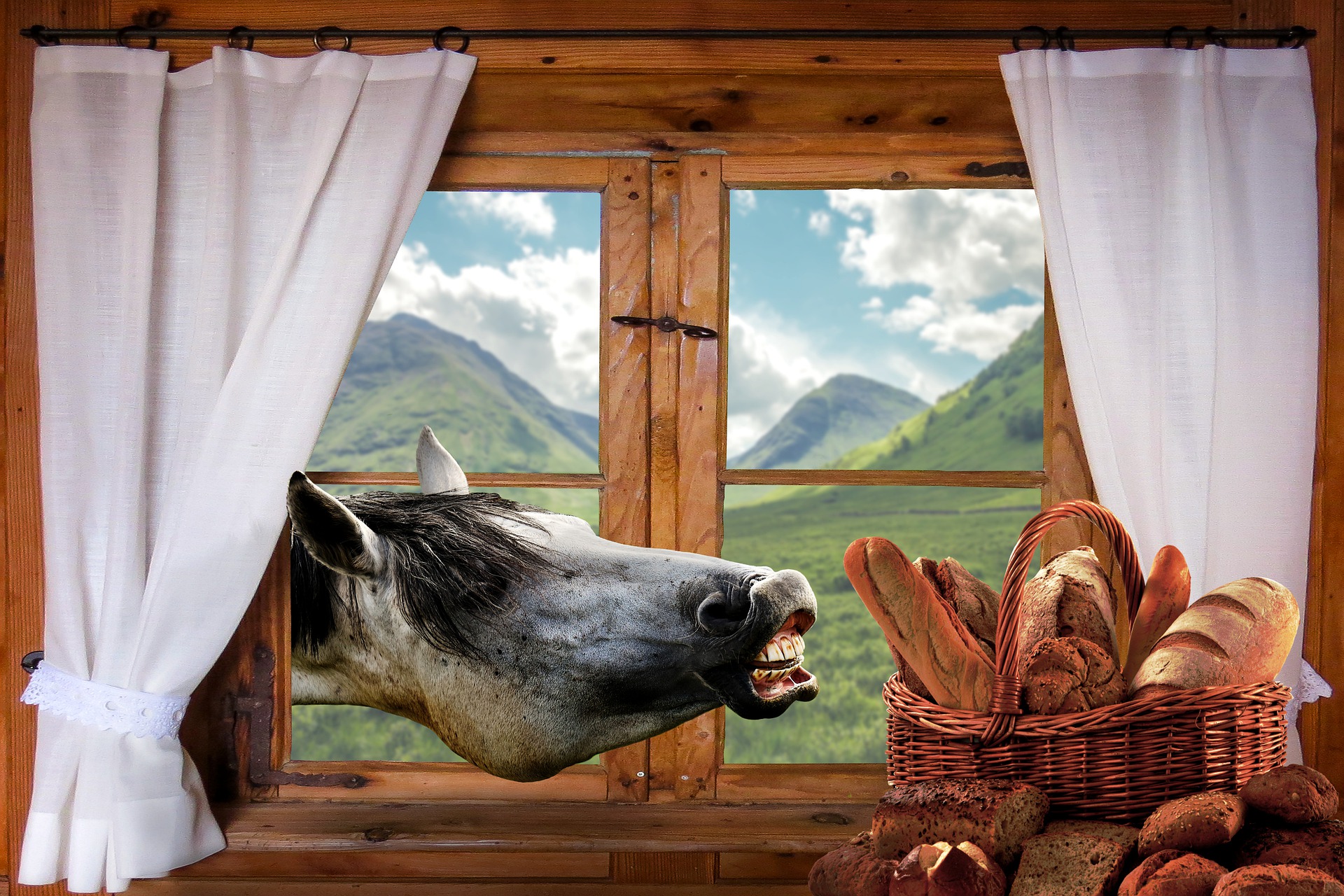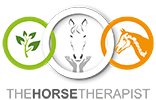Let food be your medicine and medicine be your food.
These are the words of Hippocrates, who is regarded as the father of western medicine.
As a Cranio sacral therapist and herb and food specialist I meet a lot of horses and horse owners. In most cases I am called to help `unhealthy`horses. Horses with vague complaints and metabolic issues.
A lot of these horses are living the wrong lifestyle and are on the wrong diet.
Breeding, feeding and stress management are the factors to look into, in order to have a healthy horse.
1. When it comes to breeding a lot of horses inherit genetics that have special requirements. Such as inheriting a sensitivity to allergies. But also mares and young horses are fed the wrong feed and end up with health issues at a later stage in life but sometimes also when they are young.
I don’t know how many foals get antibiotics put into them before they are even 6 months old. The wrong feed and antibiotics kill the good microbes in their gut. A foal needs the first 5 months of its life to stabilize the hindgut. After that it can deal with a lot of stuff. So if you give antibiotics the first 5 months or if the mother has an unhealthy gut microbiome then you will most likely get an unhealthy horse
2. When it comes to feeding a lot of equine diets are full of sugars, starch, fat, oils, soy, and other non-suitable additives. A lot of these bag of feed are made by big Companies who advertise heavily and sell `fast food`. They spend more money on advertising then on the ingredients in the bag of feed.
Fake food consists out of products that are sweetened, flavored, textured and colored to look nice. And they often lack the right vitamins, minerals and nutrients.
These products are addictive. Yes horses can be addicted to sugar and other ingredients that aren’t healthy. Especially if a young horse gets the taste of these kinds of feed then it is very difficult to get them to change to a healthy diet.
Horses need a high fibre and low nutrient diet. They get their energy from plant fibre. Unlike us humans who cannot digest plant fibres.
Some concentrated bags of feed are mainly chopped hay and sometimes carrot bits or apple is added to make it tastier. These have a lot of fibre so not so much nutrient value. These products are sold because the owner has the feeling that they have to feed the horse. For example the horse industry sells herb muesli`s which is mainly chopped fibre. This is an expensive way of feeding and doesn’t make sense to feed. It is cheaper and healthier to feed a good quality hay.
And then there are also concentrated feeds which contain maize, oats, soy, peas, beetpulp, yeast and so on. Also in most cases an expensive bag of feed which makes no sense to feed a horse. These ingredients are not healthy.
On the other hand if you want to feed nutrients for extra energy then oats are an option, pure oats. Oats are seed from sweet plants that contain starch, fat and protein. So little fibre content and the rest is nutrient value. This is how concentrated feed should be. Low in volume and high in nutrients. But nowadays the concentrated feed consists out of chopped hay, carrot, apple, oils. They do not have a high nutrient value.


3. Then we also have stress management.
A lot of horses can be stressed due to pain. But stress can also be caused by the way they are trained, stabled, fed, being in the wrong herd or having a stressed owner. Long term stress effects the immune system but can also cause other metabolic issues such as colic, mud fever, itch, coughing and so on.

How to get horses healthy again?
Simply by knowing and accommodating the genetic constitution, feeding a suitable diet, and managing and reducing stress. These are the key to good health.
The metabolic issues/ diseases will continue to increase unless the underlying causes are eliminated or minimized.
If horse owners would be willing to learn more and gain more knowledge about keeping horses healthy then a lot of money will be saved on vet bills!
So stop feeding your horses sick!
If your interested to find out what your horse needs and why. Then please contact us for a custom made nutrition plan and advice.
*written by Sharon Bronsveld from The Horse Therapist, ( Certified equine cranio sacral, herb and food specialist. )
